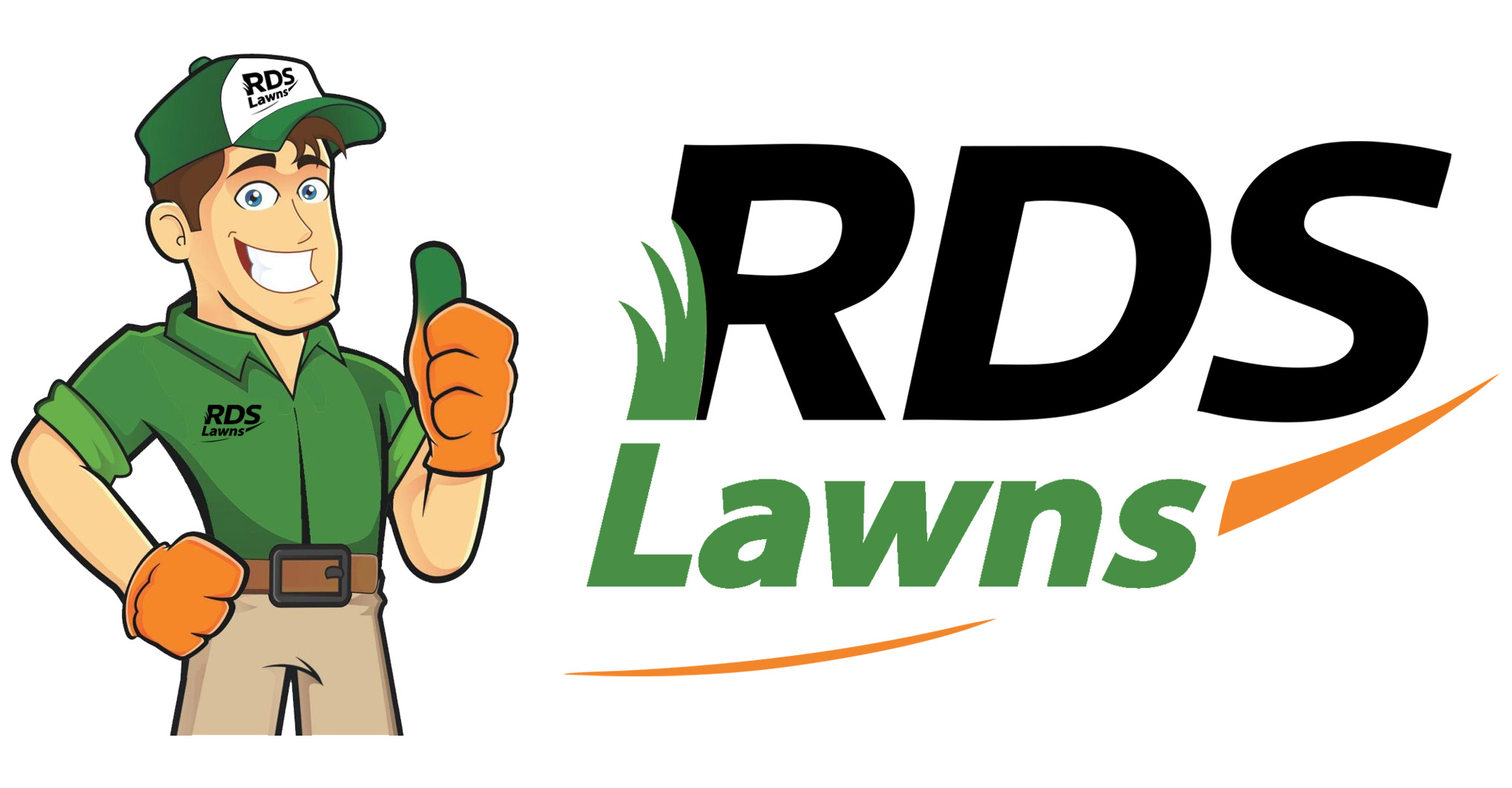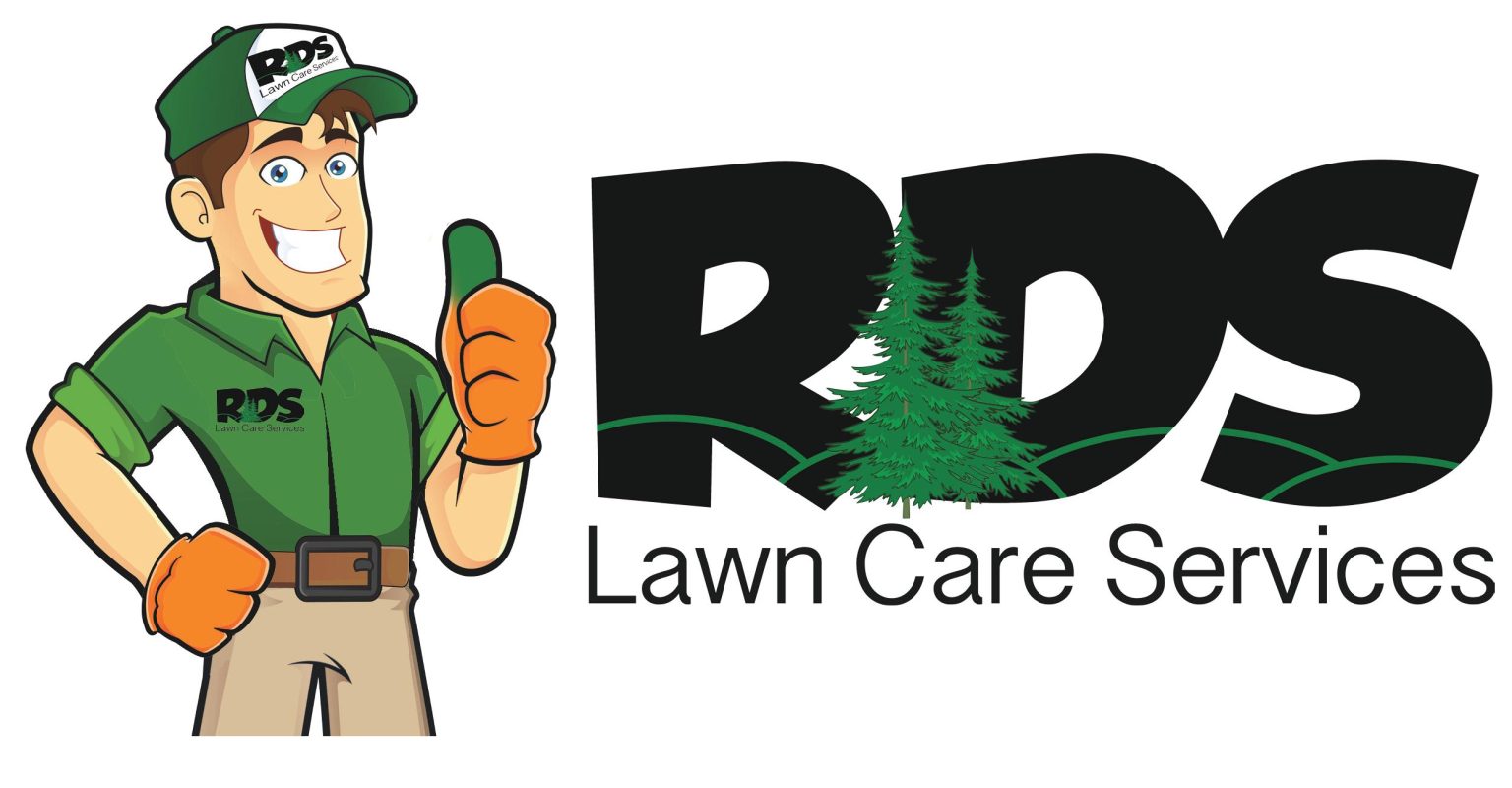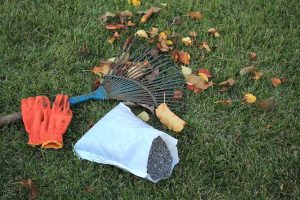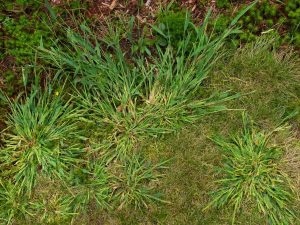Lawn seeding challenges are something nearly every Charlotte, NC, homeowner faces at some point. From patchy germination to weed competition and soil issues, the process can feel overwhelming. But with the right preparation and care, you can avoid the most common pitfalls and grow a healthy, vibrant lawn that thrives year-round.
At RDS Lawn Care, we’ve helped countless homeowners overcome common issues with lawn aeration and seeding in Charlotte, NC. Below, we’ll cover the biggest challenges and how to solve them so your lawn grows strong and healthy.
8 Common Lawn Seeding Challenges – Charlotte, NC
Here are some common challenges people face when it comes to lawn aeration and seeding, and we provide tips on how to overcome them.
1. Preparing Before You Seed
Many seeding issues can be prevented with good preparation. Start with a soil test to check pH and nutrient levels—grass thrives best in soil with a pH between 6.0 and 7.0. If your soil is too acidic, add lime; if it’s too alkaline, apply sulfur. Preparing your soil in this way ensures grass seeds have the right foundation.
Pro Tip: In Charlotte, fall is the best time to seed cool-season grasses like fescue, while spring and summer are better for warm-season grasses such as Bermuda and Zoysia.
2. Poor Soil Quality
Thin, compacted soil is one of the biggest enemies of healthy seed growth. Without proper aeration, water and nutrients can’t penetrate deeply enough. Core aeration—perforating the soil with small plugs—creates pockets that allow grass roots to expand.
For larger lawns, renting a mechanical aerator or hiring a professional is worth it. For smaller areas, a manual aerator works well. Following aeration, always overseed to give your lawn the best chance at thick, uniform coverage.
3. Weed Infestation
Weeds compete aggressively with new seedlings for sunlight, nutrients, and water. Before seeding, remove existing weeds and apply a pre-emergent product designed for your grass type. However, timing is critical—using the wrong product too close to seeding can prevent grass from sprouting.
Tip: In Charlotte, crabgrass is one of the most common invaders. A pre-emergent treatment in early spring can help keep it at bay while your new grass grows.
4. Uneven Germination
Patchy spots after seeding often happen due to poor seed-to-soil contact or uneven spreading. Using a broadcast or drop spreader ensures even coverage, while lightly raking or rolling the soil helps press seeds into the ground.
Another Charlotte-specific tip: Fescue requires more consistent moisture during germination than Bermuda grass, so adjust your watering based on the seed variety.
5. Over or Underwatering
Watering mistakes can quickly undo your hard work. Too much water can drown or wash away seeds, while too little leaves them dry. Newly seeded areas need light, frequent watering (2–3 times daily in short intervals). As the grass matures, gradually switch to deeper, less frequent watering to encourage deep root growth.
Pro Tip: Charlotte summers can be hot and dry, so consider setting up an irrigation system or soaker hose for more even coverage.
6. Birds and Other Pests
Birds, squirrels, and even neighborhood pets can dig into freshly seeded lawns. Lightly covering seeded areas with straw, erosion blankets, or topsoil helps protect seeds while still allowing sunlight and moisture through.
Make sure to remove coverings once the grass sprouts to avoid smothering new growth.
7. Soil Compaction
Clay-heavy soils in Charlotte are prone to compaction, which restricts air and nutrient flow. Aerating once or twice per year is the best long-term solution. Pair aeration with overseeding in the fall for cool-season lawns or late spring for warm-season lawns to maximize growth.
8. Fertilizer Mishaps
Too much fertilizer can burn seedlings, while too little slows their development. Always follow soil test results and use a starter fertilizer designed for new lawns, ideally a slow-release blend that provides steady nutrients without overwhelming the delicate roots.
Bring Real Change with Personalized Lawn Care
Expert lawn care services tailored for your home—reliable, eco-friendly, and affordable. Start transforming your yard today.
Post-Seeding Care Mistakes
Seeding your lawn is only the first step—the way you care for it afterward can make or break your results. Many homeowners in Charlotte rush this stage, leading to weak or patchy growth. Here are the most common mistakes to avoid:
First Mowing Too Early
Patience is key. Cutting your new grass before it’s ready can stress young plants and stunt their growth. Wait until the grass reaches about 3–4 inches in height before mowing for the first time. When you do mow, use a sharp blade and cut no more than one-third of the grass height to avoid shocking the seedlings.
Allowing Too Much Foot Traffic
Newly seeded lawns are delicate. Walking, playing, or setting up outdoor furniture too soon can compact the soil and crush fragile roots. For the first few weeks, limit foot traffic as much as possible to give your grass the best chance to establish.
Ignoring Watering Adjustments
After germination, many homeowners stick to the same light watering schedule used in the first few days. At this stage, your lawn needs deeper, less frequent watering to train roots to grow downward. Gradually transition to watering every 2–3 days but for longer durations to encourage stronger root systems.
Skipping Fertilizer Follow-Up
Starter fertilizer helps seedlings, but grass also needs consistent nutrients as it matures. Forgetting to reapply fertilizer (based on soil test recommendations) can slow growth and leave your lawn vulnerable to weeds.
Partner With Lawn Care Experts in Charlotte
Seeding a lawn isn’t just about throwing down seed and hoping for the best—it requires planning, timing, and ongoing care. At RDS Lawn Care, we specialize in lawn aeration and seeding in Charlotte, NC, tailoring our services to the region’s climate and soil conditions. Whether your lawn struggles with weeds, poor soil, or patchy germination, our team knows how to get lasting results.
Don’t let common seeding challenges hold you back. Contact RDS Lawn Care today and take the first step toward a lush, healthy lawn you’ll be proud of.




